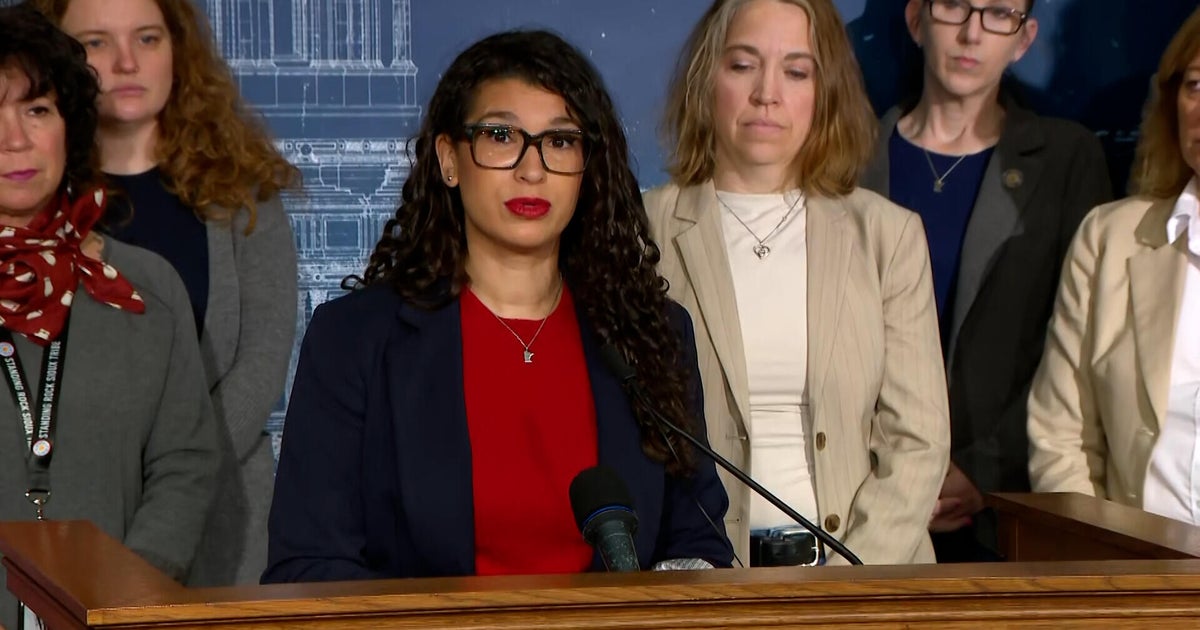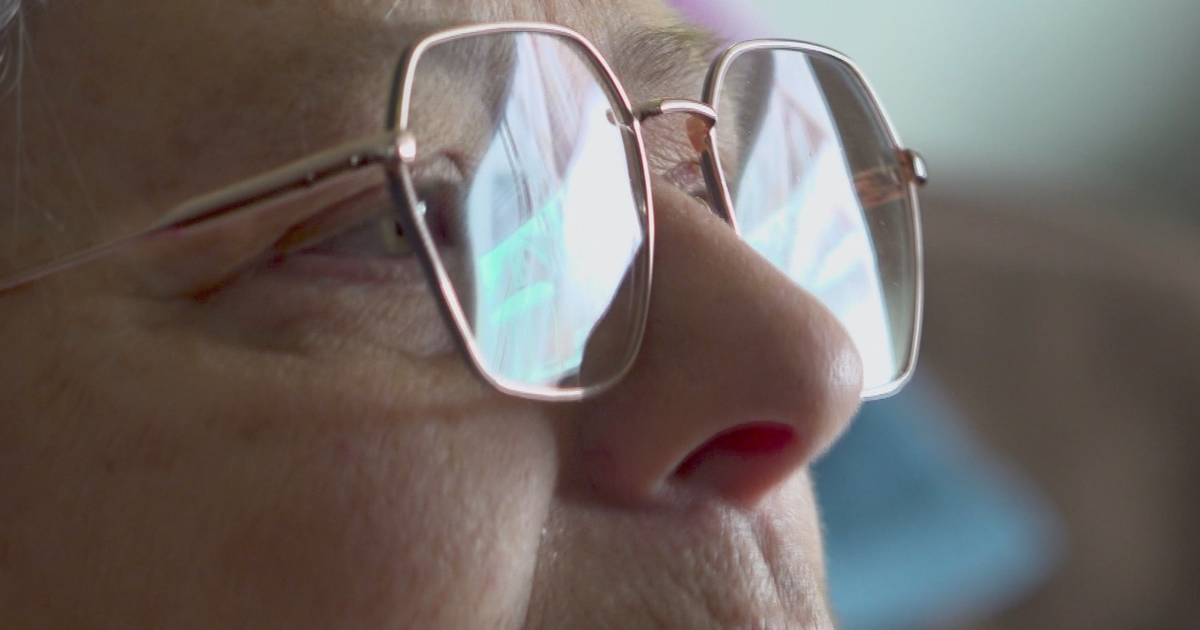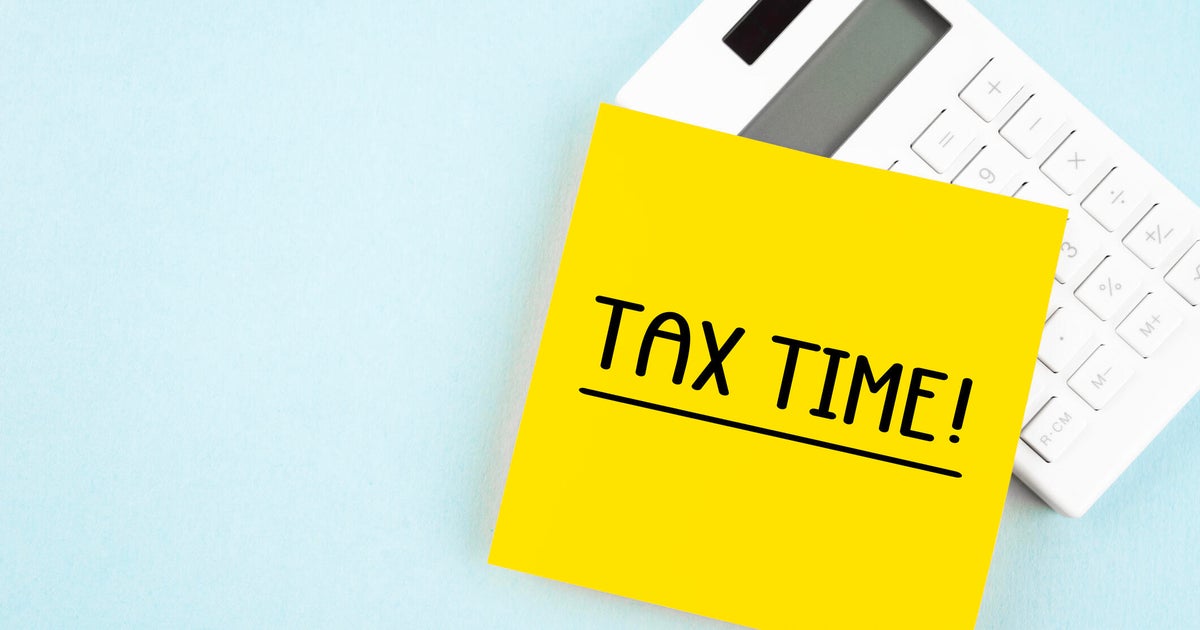U.S. job growth cooled in August. Here's what that means for inflation and interest rates.
The labor market is showing signs of cooling, shifting gears after months of strong job creation that fueled soaring inflation and prompted a string of interest rate hikes from the Federal Reserve.
Private employers added 177,000 jobs in August, compared with 371,000 in July, human-resources company ADP said on Wednesday. That's below the 200,000 new jobs that economists had expected ADP to report this month, according to financial data firm FactSet.
The slower job creation could signal that the labor market is returning to "a more sustainable dynamic," noted Javier David, managing editor for business and markets at Axios, and a CBS News contributor. That's important because cooler hiring could put downward pressure on inflation and feed into the Federal Reserve's decision on whether to hike rates again in September or take a breather.
"The labor market is cooling and is taking pressure off policymakers concerned with a second wave of inflation," noted Jeffrey Roach, chief economist for LPL Financial, in a Wednesday report. "Businesses should get some respite as inflation decelerates and the risk of quiet quitting dissipates."
The ADP report follows softer economic data on job openings this week, which is bolstering Wall Street's hopes the Federal Reserve may pause in hiking rates next month, noted LPL's Quincy Krosby in a separate report. The Dow Jones Industrial Average gained 0.9% in morning trading, while the S&P 500 index rose 0.4%.
"It's less go-go gangbuster numbers and more consistent with an economy that is still plugging along but not as over the top as it had been," David told CBS News. "Most important of all, it's not inflationary — it's disinflationary."
Will the Federal Reserve raise rates in September?
Even so, Federal Reserve officials last month cautioned that they still saw signs of overheated prices and would take the steps needed to reign in inflation. The Fed has raised rates 11 times since early 2022, pushing its federal funds rate to its highest level since 2001 in an effort to tamp borrowing and blunt rising prices.
"You have to thread the needle when you are a central banker," David noted. "They might raise next month, but they might pause."
Several additional pieces of economic data are due to land before the Federal Reserve's next meeting, including personal consumption expenditures, or PCE, which will be released on Thursday, and the monthly jobs report on Friday. Economists expect the August jobs number to also signal a cooling labor market.
"We anticipate August's employment report, due out Friday, will show signs of slower jobs gain, and will keep the Fed from implementing further increases to the policy rate," noted Oxford Economics in a Tuesday research report.



